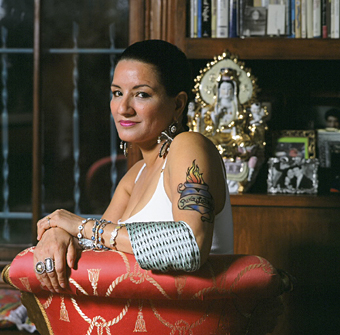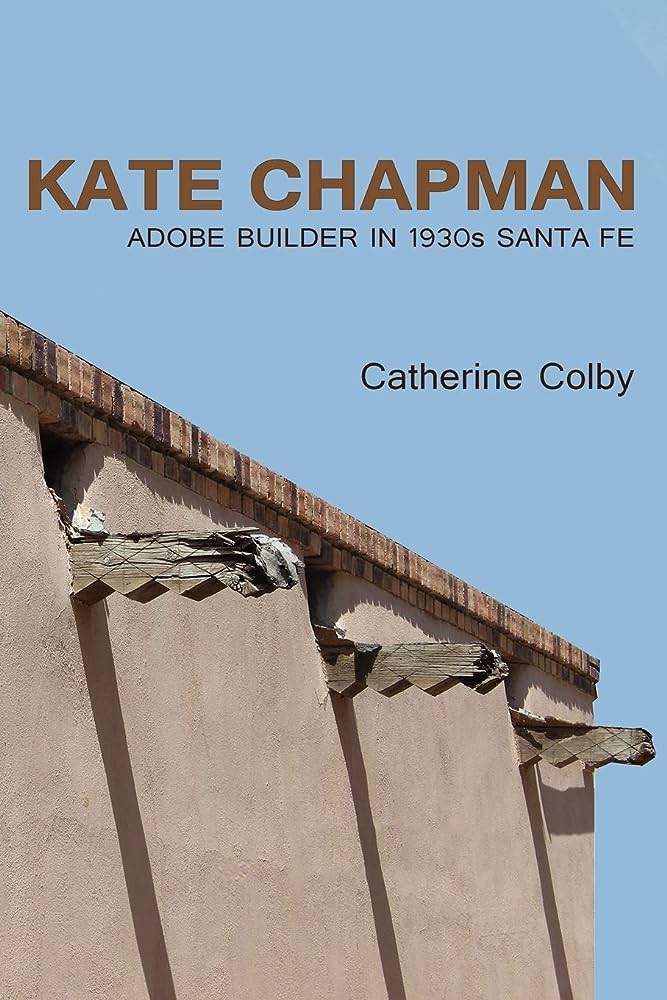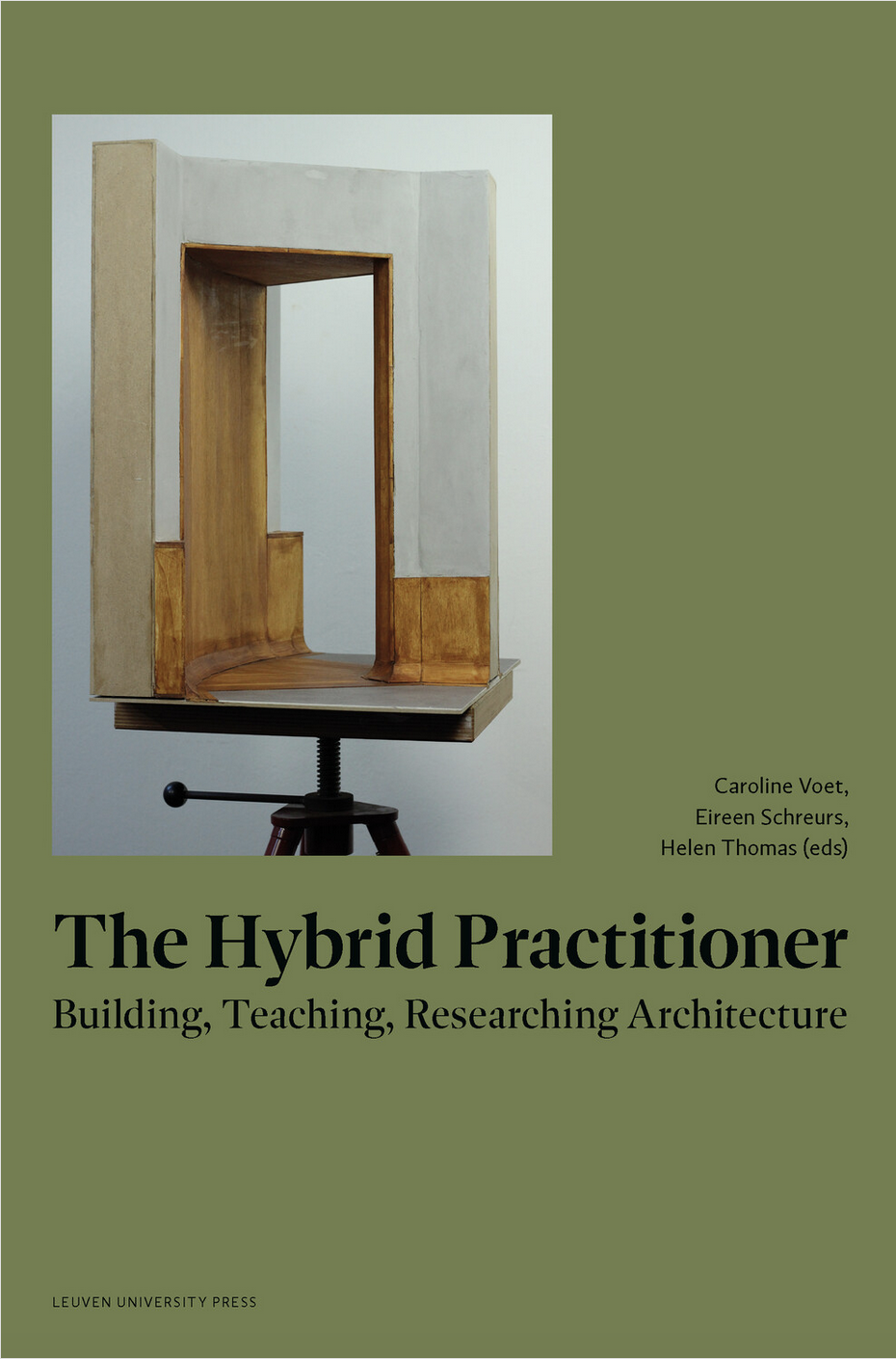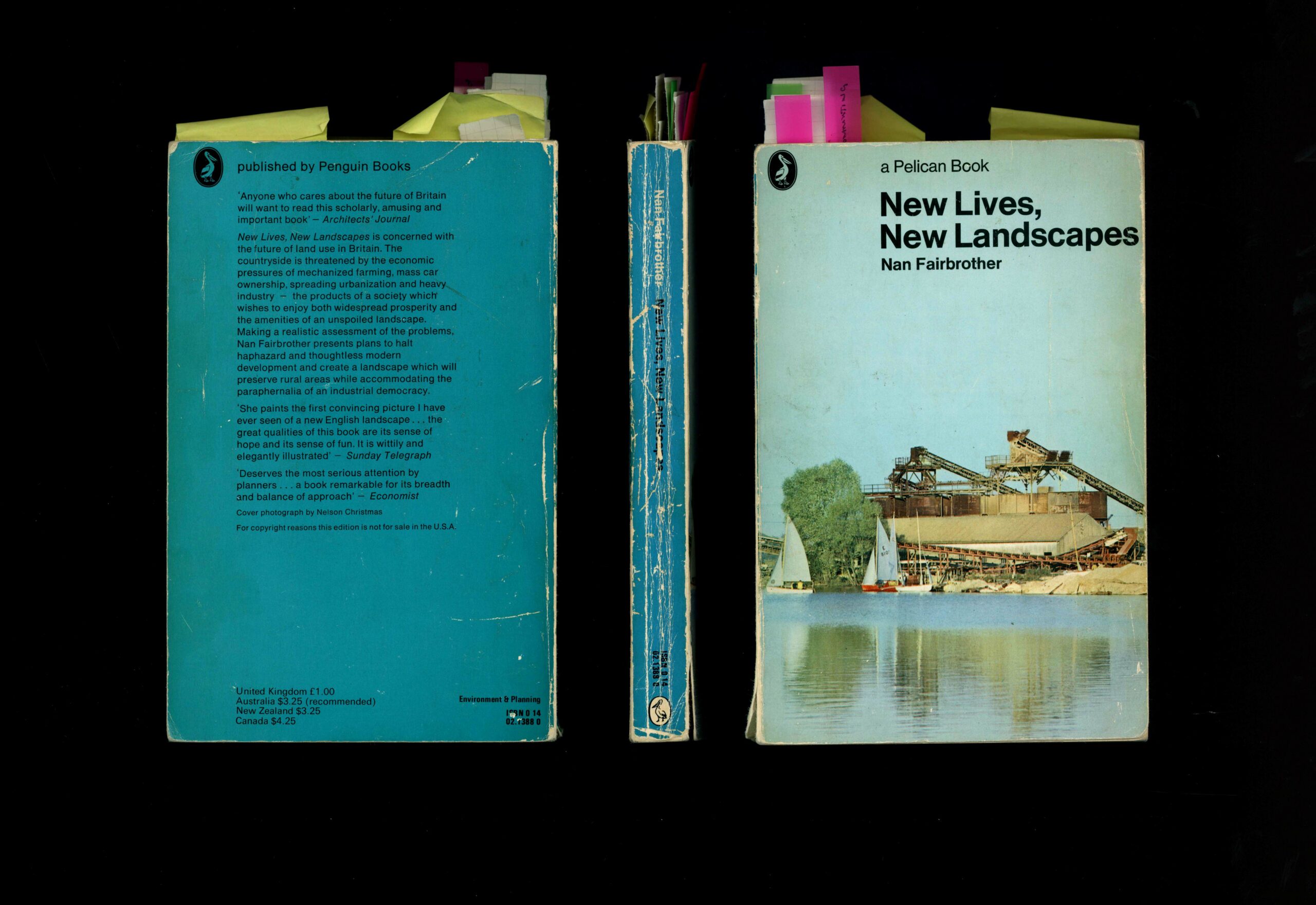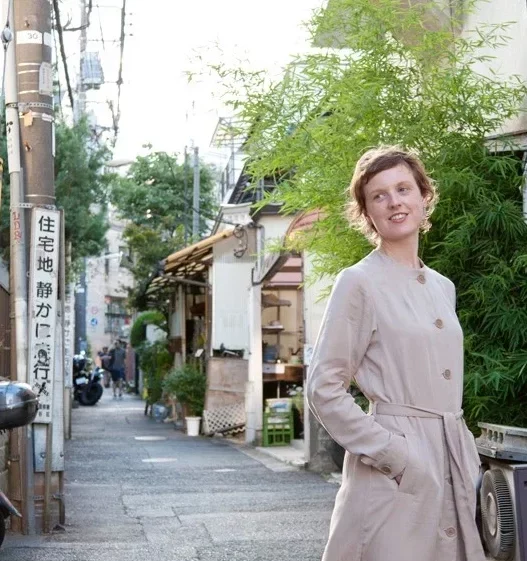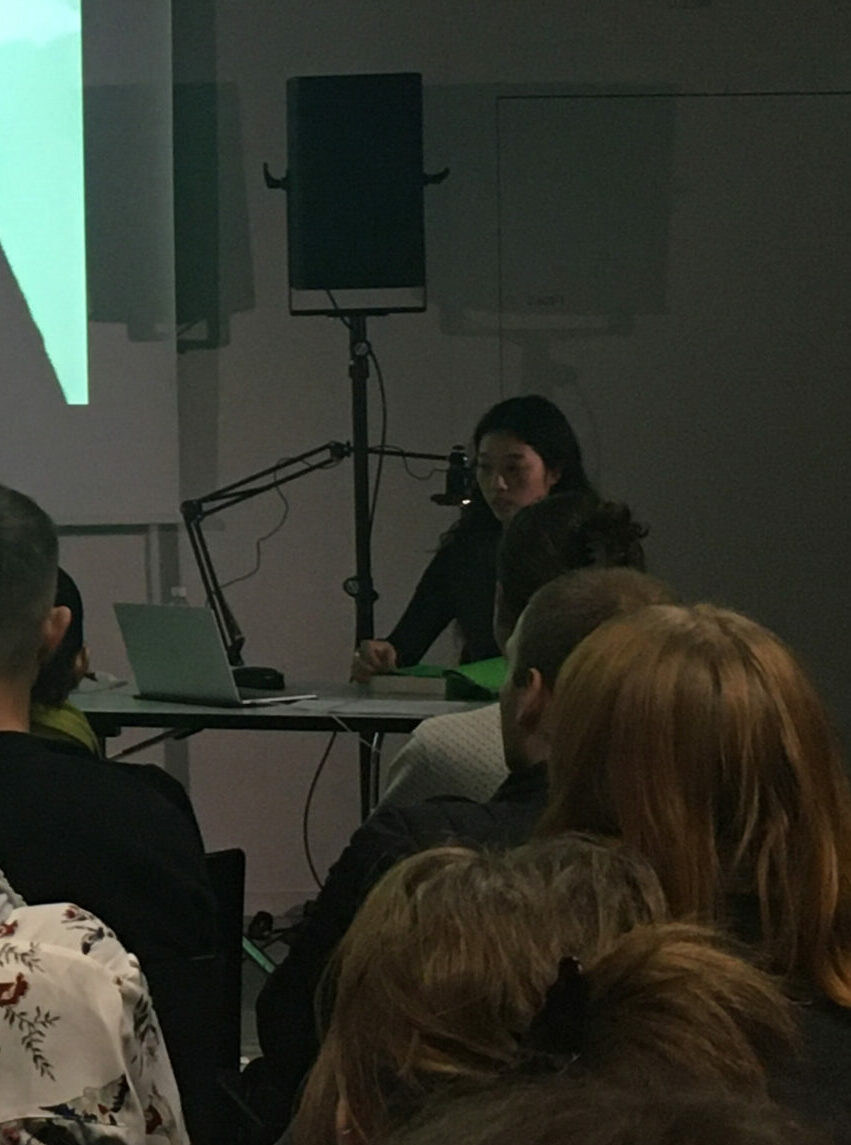Qingyuan Wu on The Restitution of African Cultural Heritage
‘The vocabulary of ‘collecting’ and of ‘harvesting’ […] suggests the undeniable cynicism: that after the harvest season, the objects will magically grow back again like fields of wheat.’ ‘Even if it is somewhat reinvented, […] The erasure of memory has been so successful that communities have even begun to lose any remaining knowledge of this […]





